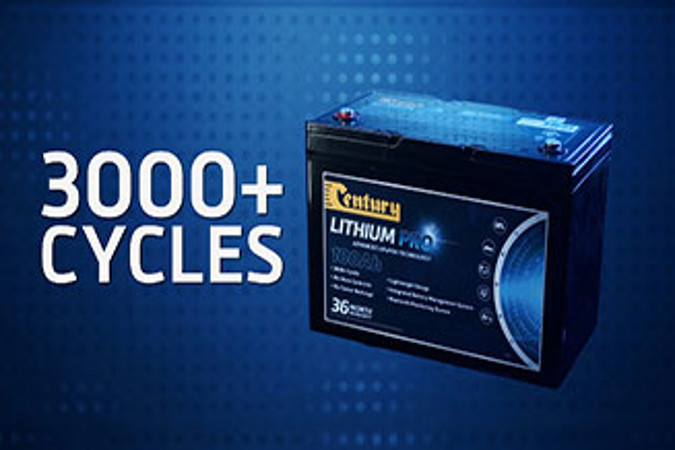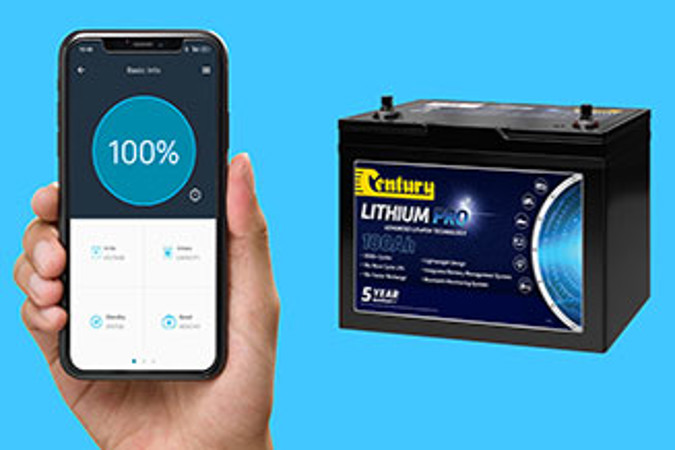How many cycles is the battery rated to, and to what depth of discharge? For example, Century Lithium Pro is rated at 3000+ cycles at 80% DOD. This means you can use 80% of the battery’s power, recharge it, and then be able to do that at least 3000 times. Cheaper products may be rated to a lower amount.
Next would be the maximum recharge current. Lithium Pro can handle up to 100A, and again some cheaper batteries could be half of that figure.
Lastly, I would also check what certifications the battery comes with. Most Lithium batteries will carry a certification on the cells, which is the IEC62619 Safety Requirements Industrial. But Century Lithium Pro has been subjected to additional rigorous testing which goes way beyond that. Not only are the battery cells certified, but we have certification on the BMS, the battery assembly as a whole, AND additional vibration testing.
Why should you care about any of that? Well think about the cost of the vehicle you’re planning to install Lithium Batteries into. It could be a 4WD which cost $20k, 50 or even 100k plus, it could be a 60k plus caravan, an RV or even a boat. These vehicles are something you care about and want to look after, and when you look at the amount of money you’ve spent getting them to where they are now, saving a quick buck buying cheap batteries isn’t what I’d be doing. We’ve all seen what can happen when Lithium batteries fail… they’re real, and they’re spectacular.
So, I would argue that spending a bit more on quality batteries upfront would be safe bet, but in the end you need to weigh up the pros and the cons, the costs and the risks and make a decision of your own.
 Homepage
Homepage
 Homepage
Homepage


